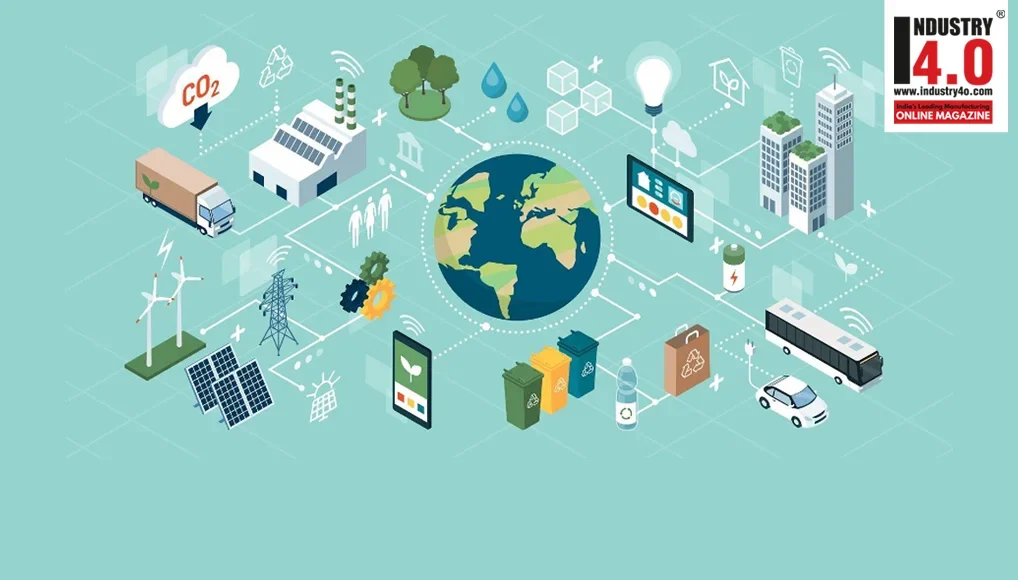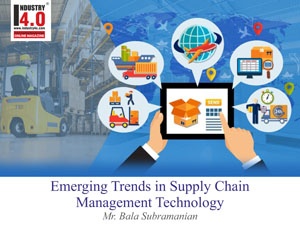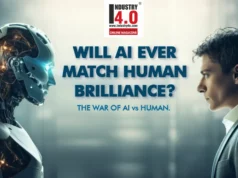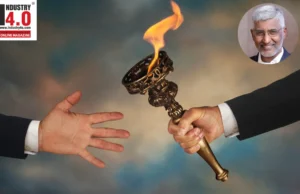Block Chain Deployment – Key Consideration Factors
Food for thought
A lot of articles, research, debates, discussions etc. have gone inside right from the word go for Block Chain. I can at least talk about Supply chain space since that’s my area of exposure and expertise for all these years. Many supply chains worldwide operate without the necessity of blockchain. However, new technology such as blockchain, AI and automation has shaken up the supply chain industry and become a regular fixture on the lips of supply chain executives But there are numerous questions which we have to answer when we go in front of a prospective customer to deploy a Block Chain solution. Listing down a few based on my experience and conversations on this aspect.
How much will it cost to implement? Is there a talent pool available easily?
The very first question, a client will always like to understand here is ‘What’s going to be the cost of implementing blockchain technology? Though most of the blockchain solutions including Hyperledger are open source, they require a lot of investment from the organization that is willing to pursue it. There are costs associated with hiring developers, managing a team that excels at different aspects of blockchain technology, licensing costs if the clients opt for a paid blockchain solution, and so on. Organizations that want to embrace blockchain technology need to have deep pockets to pay for expert salaries or rely on employees that have only just started learning this new technology. So now you would have got the answer. It’s going to be your skill of passing the message to your clients now.
 Who will bear the post implementation maintenance costs?
Who will bear the post implementation maintenance costs?
Post any Block Chain implementation, the customers need to take of the maintenance cost associated with the solution. For enterprises blockchain project, the cost can go over million dollar as well. Ideally speaking, the client should not ask this question at all. Would thy ask this if they go for a packaged ERP solutions as an example. Nevertheless, it’s something you have to make them understand. Definitely not an easy conversation though.
Are all the stakeholders knowledgeable and aware of this technology?
Implementing and managing a blockchain project is hard. It requires thorough knowledge from the business to go through the whole process. They need to hire multiple experts in the blockchain field that leads to problem and hence it is counted as one of the disadvantages of blockchain. Most of the clients when they embark on this journey, they will have no expertise or resources at their disposal to drive this. Of course, it is obvious. But sometimes, they (all the stakeholders – Suppliers, Customers etc. whomsoever you have in your consortium), are skeptical owing to lack of knowledge on this space.
Are there any Globally Accepted Standards?
Although blockchain reduces costs and increases efficiencies due to a shared ledger and smart contracts, lack of standards could cause a counter effect. Standards are important for networks that deal with information systems, and they can help to align an industry. However, obtaining global industry standards for new IT is difficult, and it will take some time before organizations have a shared global blockchain standard. There is a gap. ( There is no GAAP kind of stuff here )
Scalability?
Blockchains are not scalable as their counterpart centralized system. If there is a network congestion would the transaction get completed? this problem is related to scalability issues with blockchain networks. Currently some of the clients have numerous suppliers and customers with whom they deal with today in their supply chain. Will this situation pose a threat of slowing down if they get on boarded into the system?
Energy Consumption?
Every time the ledger is updated with a new transaction, the miners need to solve the problems which means spending a lot of energy. I do understand that permissioned or private networks do not have these problems are the number of nodes within the network are limited. Also, as there is no need for global consensus. But the generic perception is that will it consume more energy if they get into Block Chain. Might look silly and trivial for few of us. But it is a question to be answered for some of them out there who are really energy conscious or conservatives I would say.
Can the data once posted be changed?
Some of the clients do ask this question around any opportunity to change the data owing to some mistakes post they have been transferred or registered in the Block chain. I totally understand that data immutability has always been one of the biggest advantages of the blockchain. It is clear that multiple systems benefit from it including supply chain, financial systems and so on. But few of the clients have got used their existing ERP systems which provide them this facility to go back and change the data. Ideally this is not a correct practice. But with some necessary privileges, grants and approvals, they get this accomplished. The of they loosing this option is very much load. Not fair, not ethical though, but we have to answer and educate them.
Conclusion
As I conclude my thoughts here, just wanted to say one thing. Blockchain is definitely a promising technology. No second thought about it. But it faces numerous challenges that could affect its adoption across organizarions. More the places where it is getting implemented, there are considerable ways of overcoming these governance and technological challenges involved therein. The evolution will happen with more adaption. But we have to be prepared for answers to these questions.
About the Author :

Mr. Bala Subramanian is a business leader with more than 20 years’
experience in client partnering to deliver technology, consulting and
outsourcing solutions. Responsible for regional business, strategic
initiatives, client relationships and for providing engagement oversight
for large scale transformation programs.
Affluent in Next Generation technologies and industry trends. Driving major strategic initiatives at global level to build Cloud Technology, Industry capabilities & solutions using Cloud ERP, IOT, Blockchain, Analytics, Robotics process automation that is driving new business and revenue for the organization.
In-depth background in complex technology program delivery and steering partner engagements. Possesses diverse experience across US, Europe, Middle East and Asia Pacific market segments.
Has a proven ability to sell, lead, and deliver Global Transformation Projects with increasingly large client footprint and scope. Extensive experience implementing solutions in Supply Chain areas like Inventory, Procurement, Sourcing, Order Management, Manufacturing, Planning, Maintenance, WMS and Logistics.
Worked with Godrej & Manufacturing, Almoayyed International Group, KPIT Cummins Infosystems, Wipro, Oracle, Deloitte as an employee in the past.
Currently working as Vice President- ERP Practise with Evosys Global.
He can be contacted @
Email : [email protected]
Mobile : +91 99010 61601
LinkedIn : ba
Also read his earlier article:










